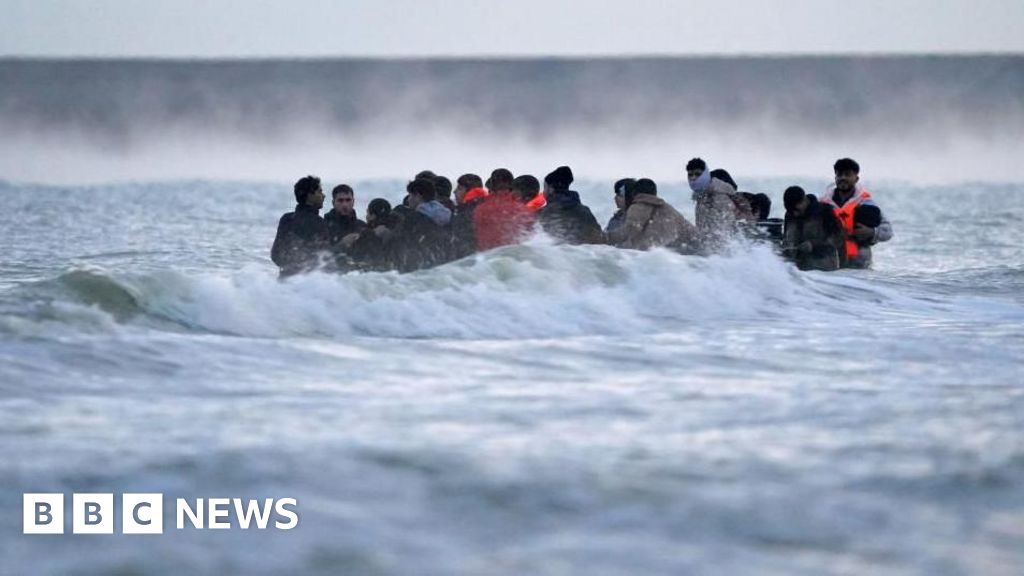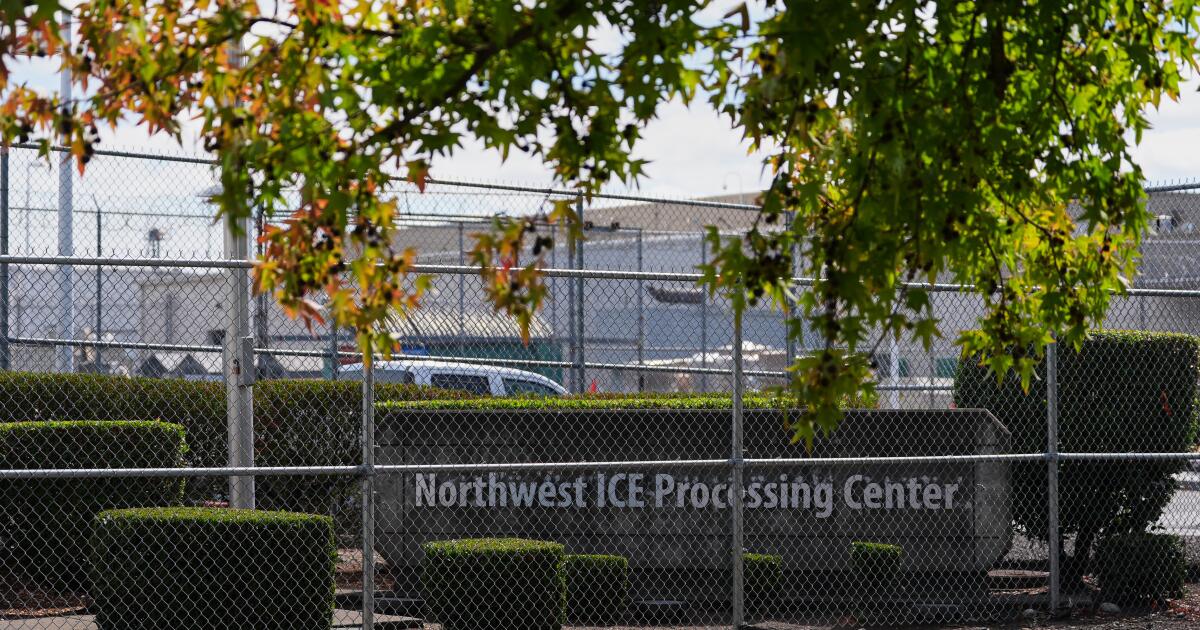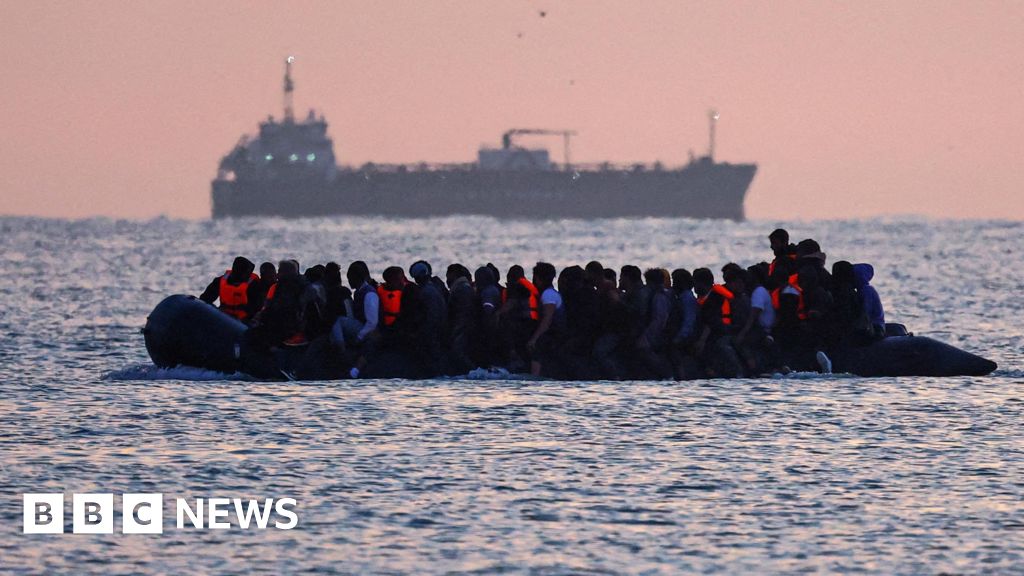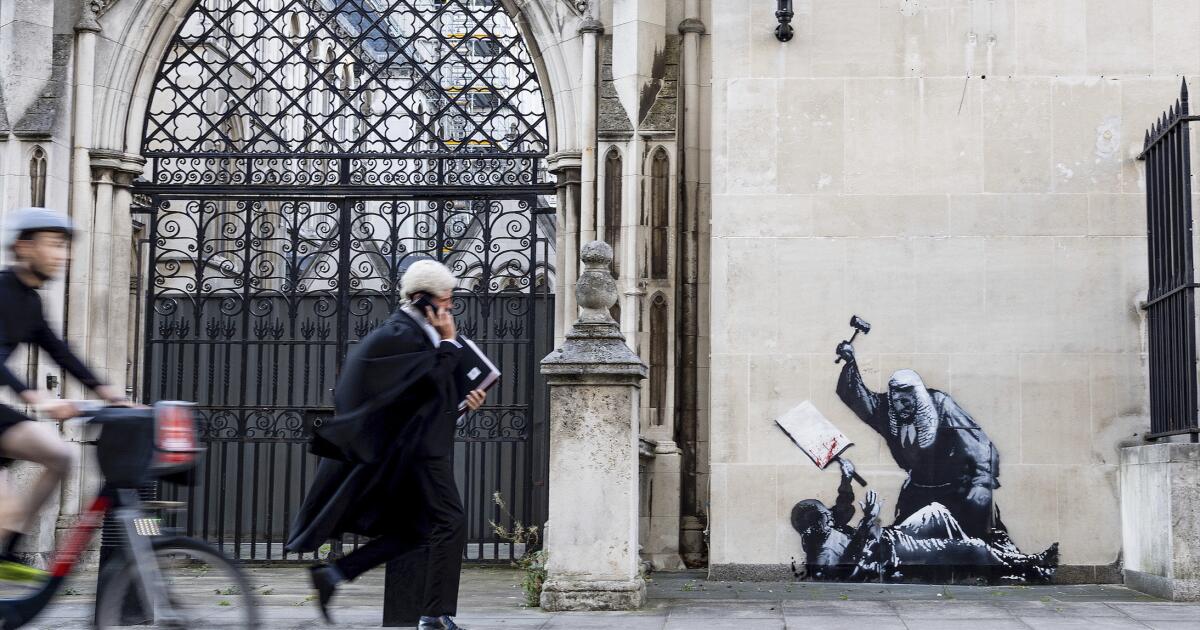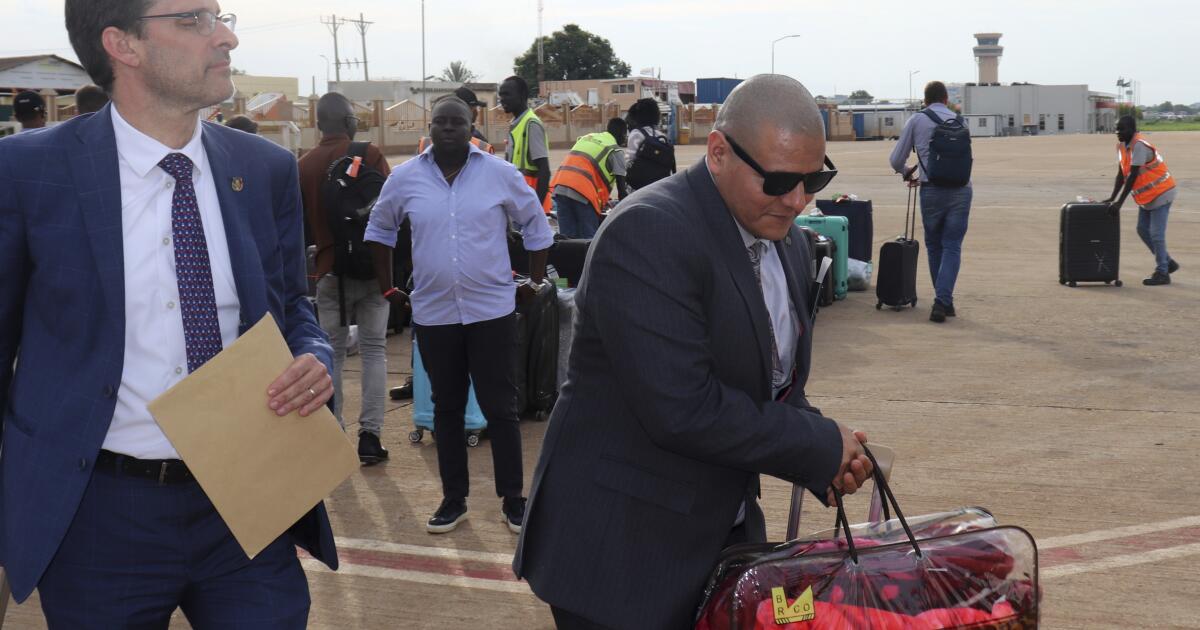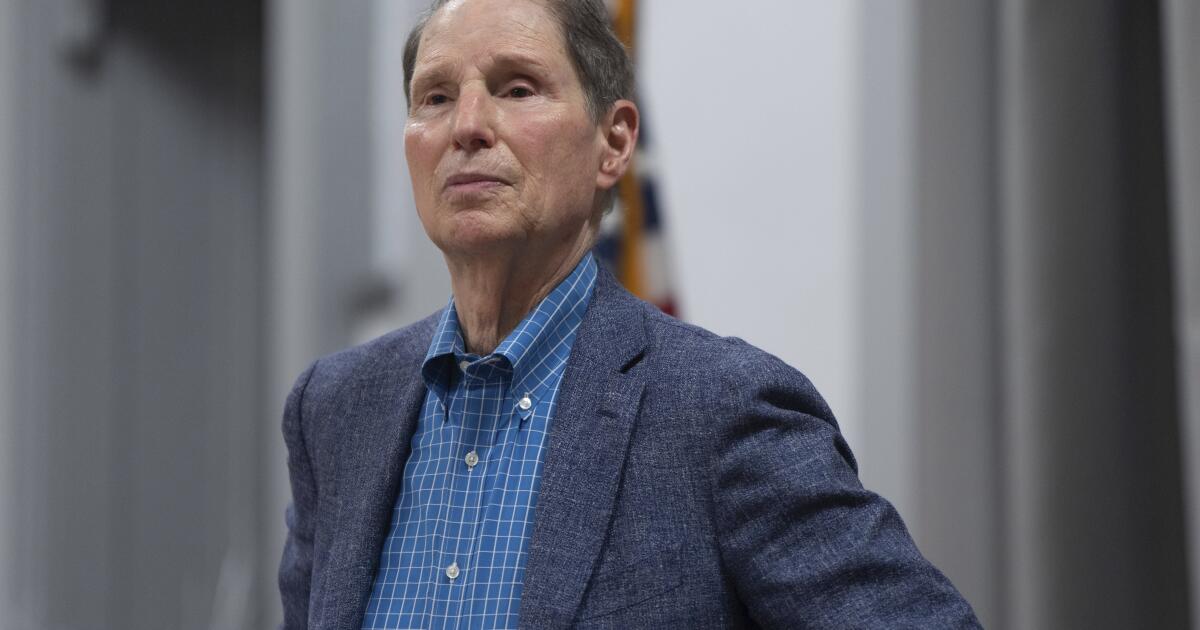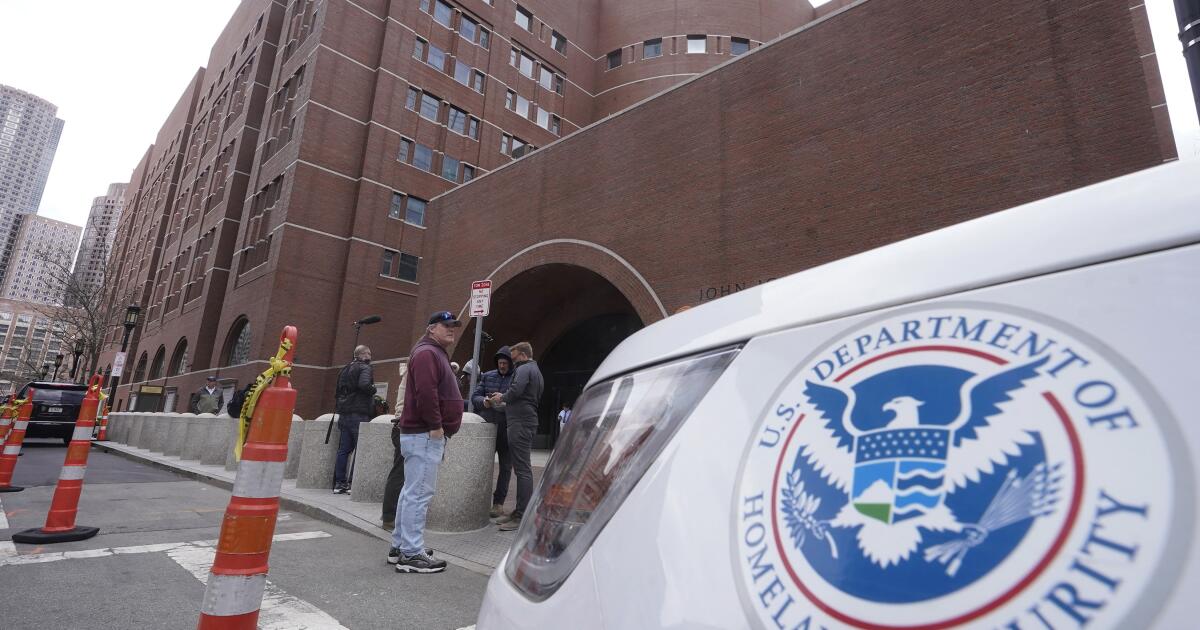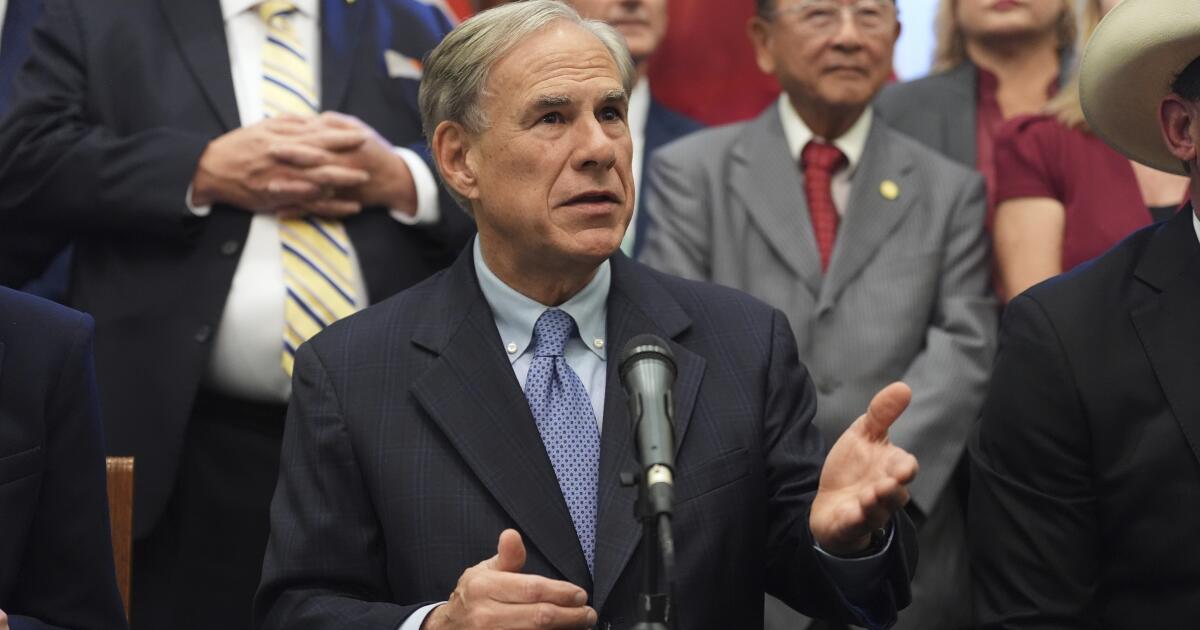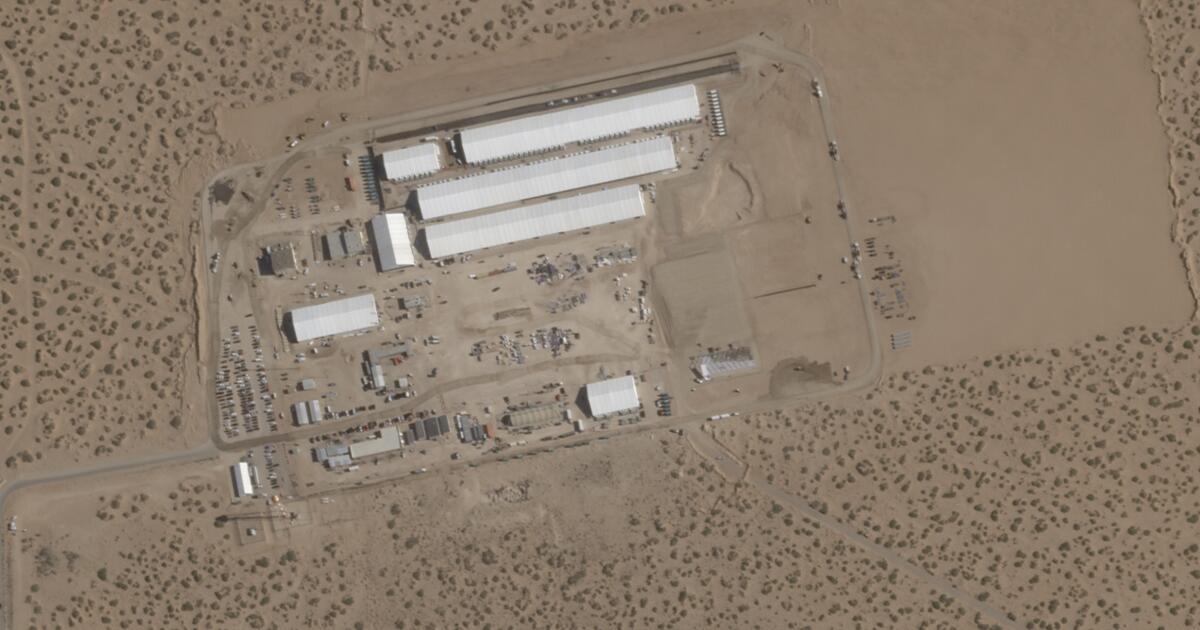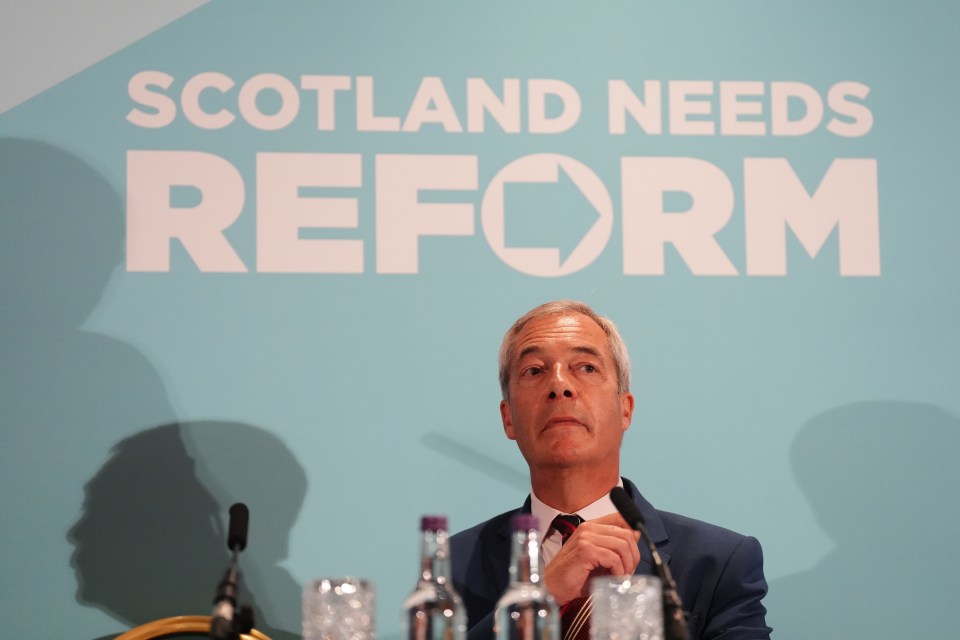Police hunt Epping migrant sex offender released in error
Police are continuing a manhunt for an asylum seeker who was mistakenly released from prison on Friday, weeks after being jailed for sexually assaulting a schoolgirl in Essex.
Ethiopian national Hadush Kebatu was meant to be sent to an immigration detention centre from HMP Chelmsford ahead of a planned deportation on Friday but Justice Secretary David Lammy said the 41-year-old is now “at large” in London.
Lammy said officers from the Metropolitan Police, British Transport Police (BTP) and Essex Police were working together to trace Kebatu, who was jailed for 12 months in September.
Sir Keir Starmer described the release as “totally unacceptable”.
The prime minister said Kebatu “must be caught and deported for his crimes”, adding that police are “working urgently to track him down”.
Neil Hudson, the MP for Epping Forest, told BBC Radio 4’s Today programme that people in his constituency were “deeply distressed” by the release.
He continued: “This sounds like an operational error, but the buck has to stop somewhere, and it has to stop at the top, at the justice secretary, the home secretary and the prime minister.”
John Podmore – a former governor of HMP Brixton, Belmarsh and Swaleside, and a former prison inspector – said the process of moving prisoners is “fairly complicated” and he hoped a “lower down official is not thrown under the bus”.
“This is not one person making one decision, there should be checks by a range of people up and down the hierarchy,” Mr Podmore told Today.
“It should be seen in the context of wider failure. I am afraid this is what happens in a broken system and the prison system is broken. This is a symptom of a wider failure of the prison and the probation service”
 Essex Police
Essex PoliceThe Prison Service has removed an officer from discharging duties while an investigation takes place.
Essex Police said Kebatu boarded a London-bound train at Chelmsford station at 12:41 on Friday.
The force said it was informed by the prison services about “an error” at 12:57 on Friday.
A statement continued: “We understand the concern the public would have regarding this situation and can assure you we have officers working to urgently locate and detain him.”
Lammy said he was “appalled” and “livid on behalf of the public”.
He continued: “Let’s be clear Kebatu committed a nasty sexual assault involving a young child and a woman. And for those reasons this of course is very serious.”
A Prison Service spokesperson said: “We are urgently working with police to return an offender to custody following a release in error at HMP Chelmsford.
“Public protection is our top priority, and we have launched an investigation into this incident.”
It is not clear where Kebatu was being deported to but under the UK Borders Act 2007, a deportation order must be made where a foreign national has been convicted of an offence and has received a custodial sentence of at least 12 months.
Kebatu’s arrest in July sparked protests outside The Bell Hotel in Epping, where he had been living after arriving in the UK on a small boat.
In September, Chelmsford Magistrates’ Court heard Kebatu tried to kiss a teenage girl on a bench and made numerous sexually explicit comments.
The following day, he encountered the same girl and tried to kiss her before sexually assaulting her. He also sexually assaulted a woman who had offered to help him draft a CV to find work.
During the trial, Kebatu gave his date of birth as December 1986, making him 38, but court records suggested he was 41.
He was found guilty of five offences and sentenced to 12 months. He was also given a five-year sexual harm prevention order, which banned him from approaching or contacting any female, and ordered to sign the Sex Offenders Register for 10 years.
The court heard it was his “firm wish” to be deported.
In his sentencing remarks on 23 September, District Judge Christopher Williams said the time Kebatu had already spent in custody during his trial would count towards his sentence.
The judge added: “You will also be subject to an early release regime. The earliest date of your release will be calculated and you will be notified of this.”
Kebatu was arrested on 8 July and was released in error 108 days later and upon his release would have been eligible for a £76 discharge payment.
Conservative Party leader Kemi Badenoch said the release was a “level of incompetence that beggars belief”.
“Conservatives voted against Labour’s prisoner release program because it was putting predators back on our streets,” she said on X.
Reform UK leader Nigel Farage said: “He is now walking the streets of Essex. Britain is broken.”
A report from His Majesty’s Prison and Probation Service said 262 prisoners in England and Wales were released in error between April 2024 and March 2025, up from 115 in the previous 12 months.


